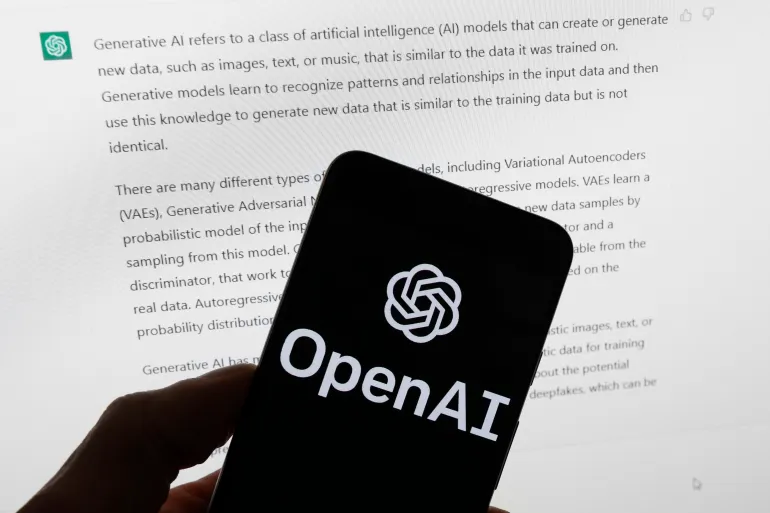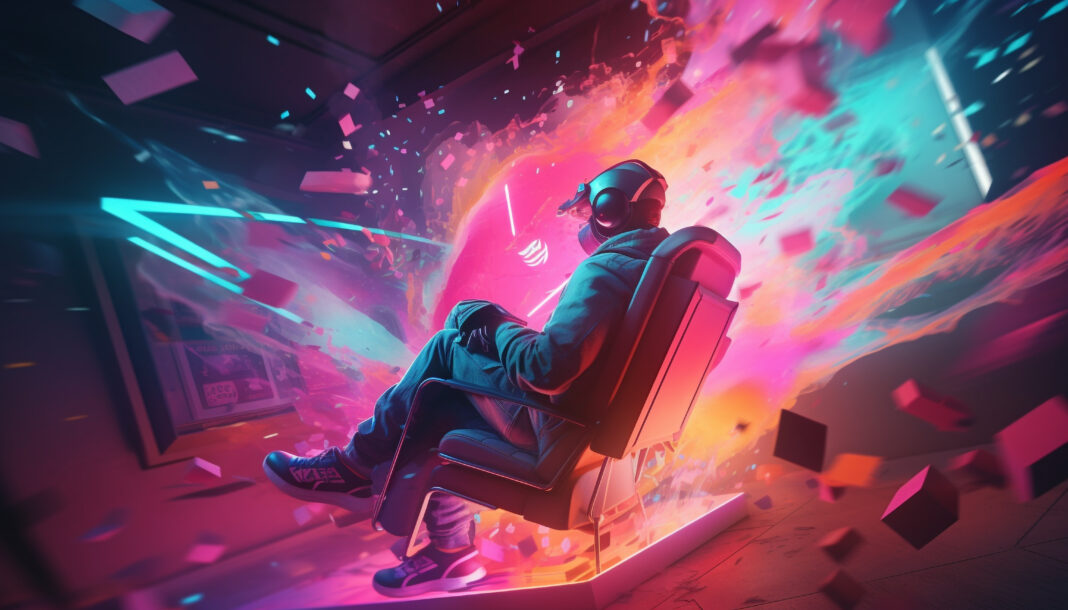ChatGPT, developed by OpenAI, has recently undergone a significant update that allows it to browse the internet for real-time information. In this blog post, we’ll explore this exciting development and delve into the implications, as well as address common questions and concerns related to this update.
What is ChatGPT’s Latest Update? ChatGPT, initially trained on data up to September 2021, can now access current information from the internet. OpenAI introduced this update to enhance its capabilities.
How Does ChatGPT Access Current Information? OpenAI introduced the “Browse with Bing” option for paid ChatGPT users, allowing them to access real-time data online. This feature aims to provide users with the most up-to-date information.
Privacy Concerns Surrounding ChatGPT’s Internet Browsing Users and experts have expressed concerns about privacy. The internet contains harmful material, misinformation, and copyrighted content that ChatGPT might inadvertently display to users.
OpenAI has implemented measures to allow websites to control how ChatGPT interacts with them, addressing some privacy concerns. However, enabling the browser plugin requires users to share their chat history, potentially raising privacy issues.
Can ChatGPT Display Misinformation? ChatGPT, like other AI tools and search engines, can sometimes display inaccurate information or even hallucinations. It’s essential to be cautious when relying on AI for information.
Addressing Bias in AI and Search Engines AI tools and search engines, including ChatGPT, can perpetuate racial and gender biases. Research has highlighted how search results can differ based on queries about different demographics, revealing inherent biases in algorithms.
Safiya Noble’s book, “Algorithms of Oppression,” provides insights into how these biases manifest and the need for continued scrutiny of AI algorithms.
Mixed Reactions to ChatGPT’s Recent Updates OpenAI recently introduced voice and image features to ChatGPT, which received mixed reactions online. Some celebrated the advancements, while others expressed concerns about AI becoming too human-like.
It’s natural for technology to evolve, but concerns about job displacement and potential legal issues, such as copyright violations and infringement of intellectual property rights, have also been raised.











